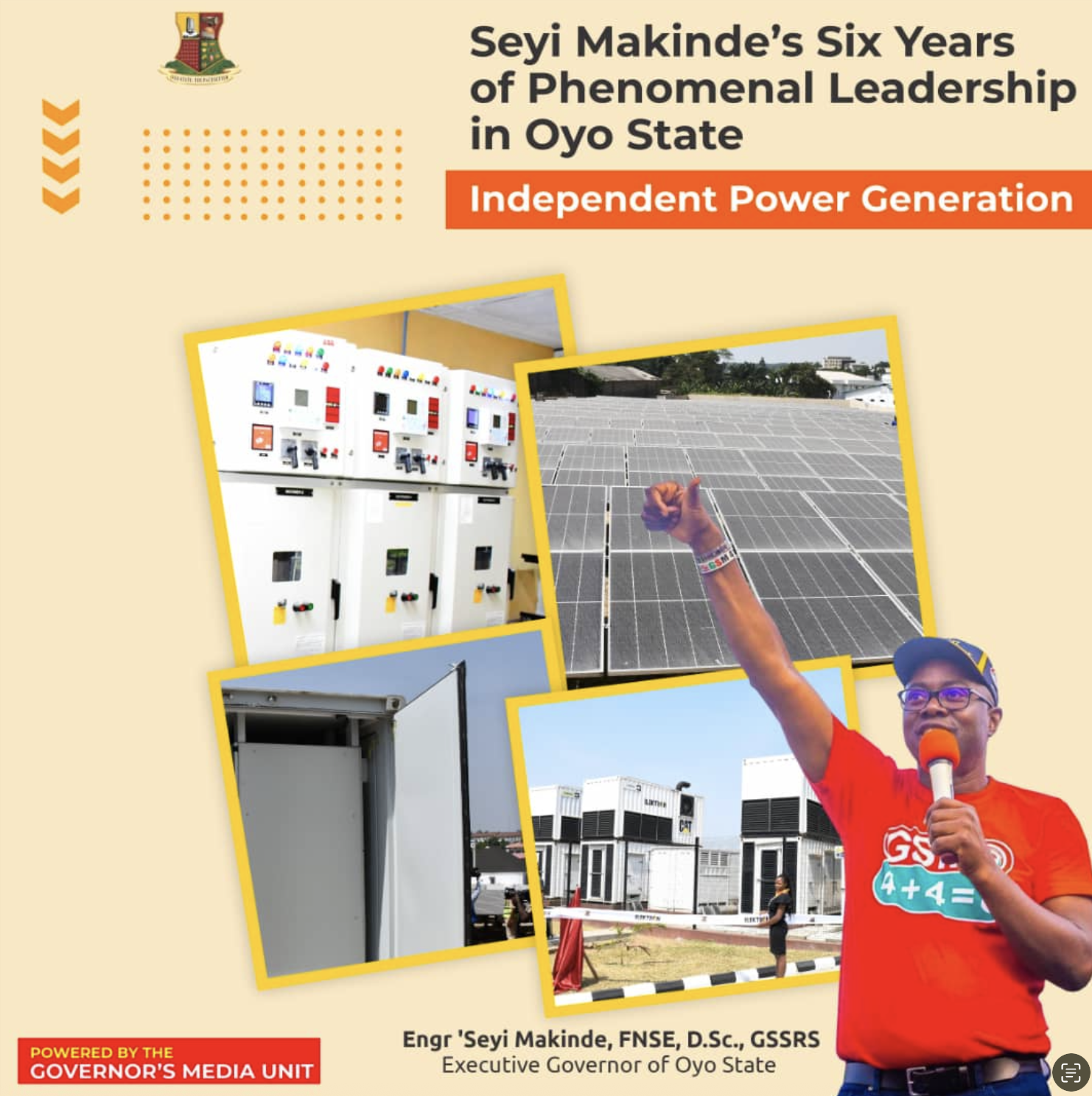By Wakilu Kayode
As political intrigues and maneuverings begin to take shape ahead of the 2027 gubernatorial elections in Oyo State, the call for equitable representation has intensified.
The historical dominance of Ibadan Municipal in the state’s leadership has left the Ibadan Less City areas clamoring for their turn at the helm. This discussion is not just about politics; it’s about fairness, equity, and justice, as well as the strategic development of all regions within the state.
Since the commencement of the 4th Republic in 1999, the political leadership of Oyo State has been predominantly held by individuals from Ibadan Municipal areas, raising concerns about equitable development and representation for Ibadan Less City regions.
The late Lam Adeshina, elected as Governor in 1999, hailed from Ibadan Southeast local government. In 2003, Senator Rasheed Ladoja from Ibadan North local government succeeded him. The late Abiola Ajimobi from Ibadan Southwest local government took office in 2011. In 2019, the incumbent Governor Seyi Makinde, from Ibadan Northeast local government, continued this trend.
The only exception to this pattern was during the aborted Third Republic when the late Chief Kolapo Olawuyi Ishola was elected Governor from Akinyele local government, held office between January 1992 and November 1993, an Ibadan Less City area. This singular instance highlights the longstanding underrepresentation of Ibadan Less City in the state’s highest office.
Electing a governor from Ibadan Less City in the 2027 elections is not just a matter of fairness, equity, and justice; it is a strategic imperative for the balanced growth and development of Oyo State. The local governments classified as Less City areas—Akinyele, Egbeda, Lagelu, Ona Ara, and Oluyole, Ido —possess untapped potential that can significantly contribute to the state’s progress.
These regions boast large deposits of mineral resources, which, if properly harnessed, can boost the internally generated revenue (IGR) of Oyo State. Furthermore, the Ibadan Circular Road, a critical infrastructure project, cuts across all five Less City local governments, including Ido, positioning these areas as vital to the state’s connectivity and economic expansion.
Akinyele is rapidly emerging as a new business hub, housing significant developments like the Moniya train station and the Ilutuntun Business District. Similarly, Oluyole and Egbeda have historical significance as homes to car assembly plants and industrial estates, many of which have unfortunately fallen into neglect. Revitalizing these areas would not only restore their industrial glory but also spur economic activity and job creation.
Given that Ibadan commands about 56% of the total votes in Oyo State, the demographic strength of the Less City areas should be leveraged to foster inclusive development. Political parties, including the APC, PDP, Labour Party, Accord, and others, must consider nominating candidates from Ibadan Less City for the gubernatorial race. This move would ensure that the leadership of Oyo State is more representative of its diverse regions, fostering a sense of inclusiveness and shared progress.
The 2027 gubernatorial elections present a critical opportunity for Oyo State to embrace equitable representation and harness the full potential of all its regions. By electing a governor from Ibadan Less City, the state can ensure balanced development, stimulate economic growth, and uphold the principles of fairness, equity, and justice for all its citizens.
It is crucial to select the best candidates who have, over the years, identified with their people, understand these areas intimately, have businesses there, and possess the technical expertise to lead effectively. These individuals are best positioned to drive progress and development in Oyo State.
Wakilu Kayode writes from Ojongbodu, Oyo West Local Government, Oyo Central Senatorial District.




























